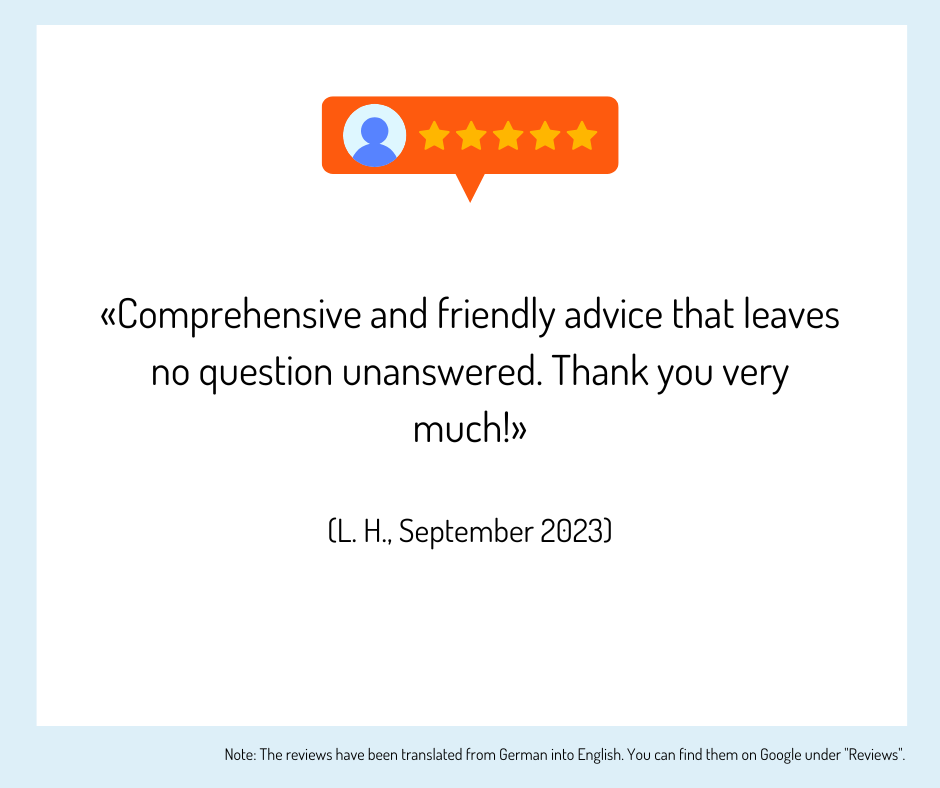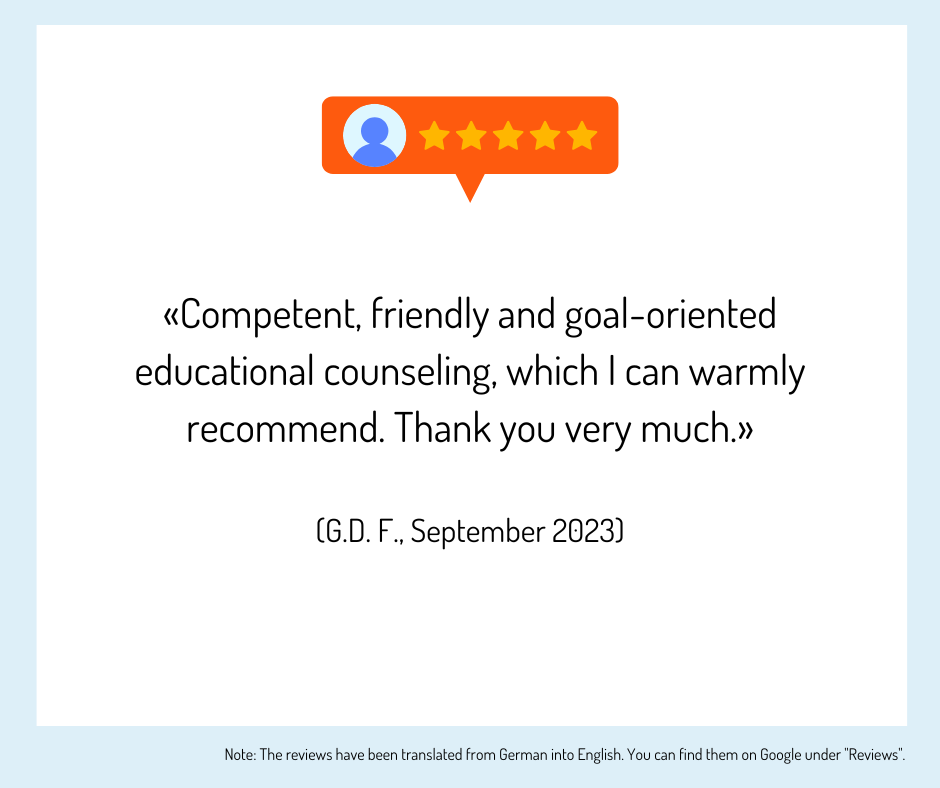Nursing law: training, further education, courses, studies, overview of schools and offers
Tips and decision-making aids for training in care law
Questions and answers
Is it also possible to attend a less extensive training course in care law?
In addition to attending a DAS in Nursing Law, a less time-consuming CAS (Certificate of Advanced Studies) in Nursing and Health Law is also possible. This CAS consists exclusively of three compulsory modules (Criminal Law and Data Protection; Liability and Professional Practice; Social Insurance and Patient Law) and has a scope of 15 ECTS with around 450 learning hours. This certificate course can be completed within six months.
What admission criteria do I have to fulfill for the DAS in Nursing Law?
Admission to the DAS in Nursing Law requires a university degree and at least two years of professional experience or, in the case of "sur dossier" admission, an Advanced Federal Diploma of Higher Education (Engl: Research and Assessment" admission module. In addition, sufficient English language skills to understand English specialist literature and access to patients in the professional field are required.
What kind of continuing education, further training is the offer in nursing law?
The training program on nursing law listed here is a DAS (Diploma of Advanced Studies) from a University of Applied Sciences, which provides detailed knowledge of nursing and healthcare law.
How comprehensive is continuing education, further training in care law?
The continuing education, further training in nursing law is worth 30 ECTS credits and accordingly comprises around 900 learning hours, including classroom teaching, self-study and a diploma thesis. The diploma course lasts at least one year, whereby you determine the duration yourself by choosing the sequence of modules and the intensity with which you wish to study.
How is the course in care law structured?
The DAS in Nursing and Health Law diploma course consists of four compulsory modules, one compulsory elective module and one diploma module. In addition, people without a university degree or HöFa II must attend an admission module. Each module comprises four to six attendance dates with eight lessons each. The compulsory modules for the DAS in Nursing Law are: Liability and Professional Practice; Social Insurance and Patient Law; Ethics in Healthcare; Criminal Law and Data Protection. Successful Negotiation" is recommended, but not required, as an elective module. You can start the course with any module; you can find out the dates of the individual modules as well as the content and structure directly from the relevant University of Applied Sciences, which you can contact directly using our contact form.
Erfahrungen, Bewertungen und Meinungen zur Ausbildung / Weiterbildung
Haven't found the right training or further education yet? Benefit from educational advice now!
Further training is not only important in order to maintain or increase professional attractiveness, investing in training or further training is still the most efficient way to increase the chances of a pay rise.
The Swiss education system offers a wide range of individual training and further education opportunities - depending on your personal level of education, professional experience and educational goals.
Choosing the right educational offer is not easy for many prospective students.
Which training and further education is the right one for my path?
Our education advisory team will guide you through the "education jungle", providing specific input and relevant background information to help you choose the right offer.
Your advantages:
You will receive
- Suggestions for suitable courses, seminars or training programs based on the information you provide in the questionnaire
- An overview of the different levels and types of education
- Information about the Swiss education system
We offer our educational counseling in the following languages on request: French, Italian, English
Register now and concretize your training plans.











